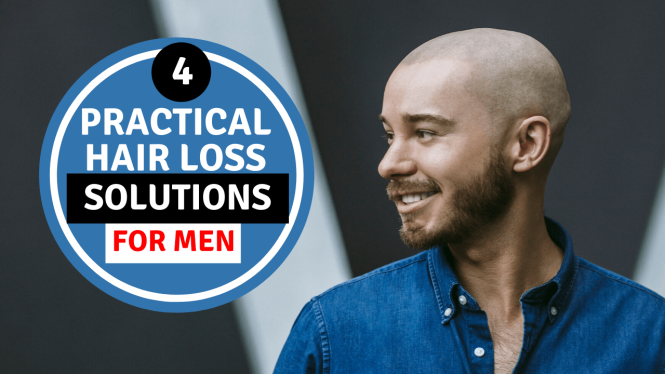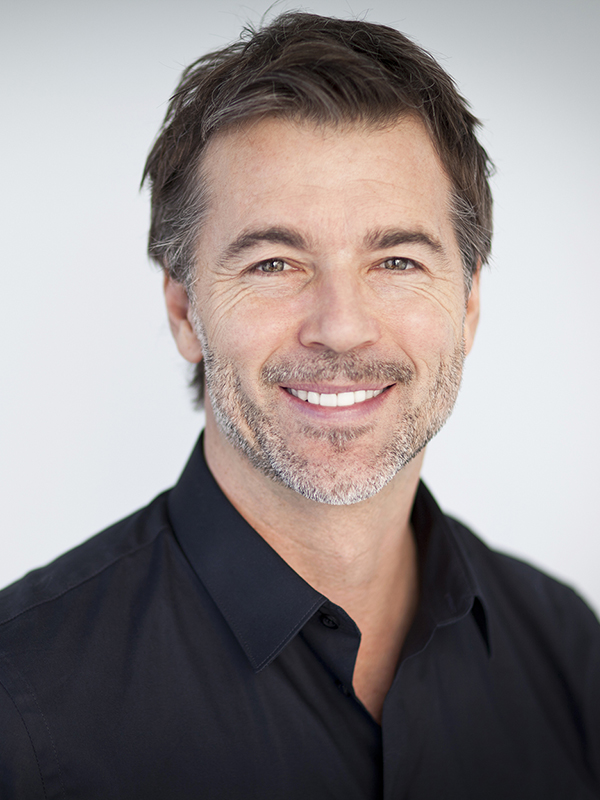

The weight of expectations surrounding hair loss, particularly within families, can be immense. It often impacts self-esteem and creates challenges in maintaining healthy family dynamics. This article dives into the complexities of family needs in the context of hair loss, exploring practical solutions and strategies for navigating these situations effectively. We’ll examine the underlying causes of hair loss, discuss various treatment options, and emphasize the importance of open communication and self-care. This exploration will cover the potential emotional toll, the role of family support, and practical steps for managing the situation.
Understanding the Underlying Causes of Hair Loss
Genetic Predisposition
Hair loss is frequently linked to genetic factors. If hair loss runs in your family, you may be predisposed to experiencing it. This hereditary component is a critical element to acknowledge and accept. It’s important to understand that while genetic predispositions exist, lifestyle factors can often exacerbate or mitigate these effects. Many individuals may experience gradual thinning or complete hair loss during specific life stages, and understanding this nuance is key to addressing the issue.
Stress and Lifestyle Factors
High stress levels can directly affect hair health. Chronic stress can trigger a condition known as telogen effluvium, where hair follicles prematurely enter a resting phase. This temporary shedding can lead to noticeable hair loss. Other lifestyle factors, such as nutritional deficiencies, medications, and certain medical conditions, can also contribute to hair loss. The relationship between hair health and overall wellness cannot be overstated.
Exploring Treatment Options and Solutions
Professional Consultation
Seeking professional consultation from a qualified dermatologist or trichologist is crucial in determining the root cause of hair loss. They can conduct a comprehensive evaluation, including medical history and physical examination, to identify any underlying medical conditions. This process often involves tests and diagnostic tools to provide a clear diagnosis. A proper diagnosis is fundamental to creating an effective treatment plan.
Medical Interventions
In some cases, medical interventions may be necessary. These can range from oral medications to topical treatments. A healthcare provider can assess the suitability and potential benefits of such options. There are also non-invasive solutions that can be integrated into your routine to promote healthy hair growth and maintain current hair density.
Cultivating Strong Family Communication
Open Dialogue
Open and honest communication is paramount in addressing family concerns. Creating a safe space for discussion can alleviate anxieties and foster understanding. By discussing hair loss openly, you demonstrate courage and resilience. You create a safe space for your family members to share their perspectives and concerns without judgment. Open dialogue about the issue can often lead to greater empathy and support.
Acknowledging Emotional Needs
Acknowledging the emotional impact of hair loss on yourself and family members is equally crucial. Hair loss can trigger feelings of self-consciousness, anxiety, or depression. Providing empathy and support can facilitate emotional healing and strengthen the family bond. Family discussions about the potential emotional impact are essential for managing these complex feelings.
Prioritizing Self-Care Strategies
Maintaining a Balanced Diet
Maintaining a balanced diet rich in vitamins and nutrients is essential for overall health, including hair health. Vitamins like biotin, iron, and zinc play a vital role in supporting hair growth. Consuming a wide range of nutrient-rich foods will support healthy hair growth from the inside out. Consult a nutritionist if you have specific dietary needs or concerns.
Managing Stress Effectively
Developing healthy coping mechanisms to manage stress is crucial for addressing hair loss from a holistic perspective. Stress management techniques like meditation, yoga, and deep breathing exercises can help alleviate stress and improve mental well-being. Integrating these techniques into your daily routine can significantly impact your overall health and well-being.
Incorporating Healthy Lifestyle Habits
Limiting Exposure to Heat Styling
Excessive heat styling can damage hair follicles and contribute to hair breakage and loss. Reduce the frequency of heat styling to protect your hair. When styling, using heat protectant products is essential to minimize damage. Regularly washing your hair, using gentle hair products, and avoiding harsh chemicals can contribute to healthier hair.
Building a Supportive Family Environment
Fostering Open Communication
Open and honest communication is essential in building a supportive environment. Creating a space where family members can share their experiences and concerns without judgment or fear is key. This open exchange of feelings and perspectives can help everyone better understand and cope with the situation.
Providing Emotional Support
Offer emotional support by validating their feelings and acknowledging the impact of hair loss on their self-esteem. This support may include encouragement, empathy, and a willingness to listen without judgment. Showing empathy for their situation is paramount in their recovery.
Seeking Expert Guidance
Consulting with a Dermatologist
Consulting a dermatologist is vital for understanding and addressing hair loss concerns. They can provide a professional diagnosis, discuss suitable treatment options, and guide you towards the right path. Your well-being will be taken into account throughout this process.
Evaluating Hair Care Routines
A comprehensive evaluation of your hair care routine is essential for identifying any potential contributing factors. A dermatologist will analyze your current hair care practices to understand how it might influence hair loss. This assessment can help you understand what adjustments might be needed to effectively promote hair growth.
Long-term Management Strategies
Adopting Healthy Habits
Maintaining a balanced lifestyle can significantly reduce the negative effects of hair loss. Eating a balanced diet, exercising regularly, and practicing stress-management techniques are essential for optimal health. Implementing these practices will provide a holistic approach towards hair loss management.
Understanding Individual Needs
Recognizing that every individual experiences hair loss differently is paramount in developing a management strategy. Your specific needs and challenges should be acknowledged and addressed in a unique and individualized manner.
Focus on Self-Compassion and Confidence
Cultivating a Positive Mindset
Prioritizing self-compassion is essential during this challenging time. Focusing on inner peace will help navigate this situation. Building self-confidence will allow one to feel empowered to move forward and engage in life. By addressing emotional concerns and fostering a positive mindset, you can take back your sense of empowerment.
Seeking Professional Counsel
A therapist or counselor can provide valuable support and guidance in managing emotional challenges related to hair loss. They can help build resilience and offer strategies for coping with feelings of insecurity or self-consciousness. Emotional well-being is equally important during this challenging journey. You are not alone.
Frequently Asked Questions
What are the common causes of hair loss in families?
Many factors contribute to hair loss within families. Genetic predispositions are prevalent, as are hormonal imbalances and nutritional deficiencies. Stress is also a significant player; the relationship between mental health and hair health is significant. Addressing these underlying causes is crucial to effectively managing hair loss. A thorough consultation with a healthcare professional can help pinpoint the precise factors involved.
How can I support a family member dealing with hair loss?
Supporting a family member facing hair loss requires empathy and understanding. Listen actively to their concerns and validate their emotions. Offer practical support, such as help with hair care routines or appointments. Encourage open communication within the family and create a supportive environment that acknowledges the emotional impact of hair loss. Professional guidance from a counselor or therapist can offer further insight and support.
In conclusion, navigating the weight of expectations surrounding hair loss, especially within familial contexts, requires a multifaceted approach. Understanding the interplay between genetics, stress, and lifestyle choices is crucial. Prioritizing self-care, open communication with loved ones, and exploring appropriate hair loss solutions, such as professional consultations and potentially medical interventions, can empower individuals to effectively manage their situation. Remember, seeking support and knowledge is the first step towards reclaiming your confidence and well-being. For further guidance and resources, schedule a consultation with a qualified dermatologist or trichologist today. This will enable you to take the next steps in managing your hair loss effectively.